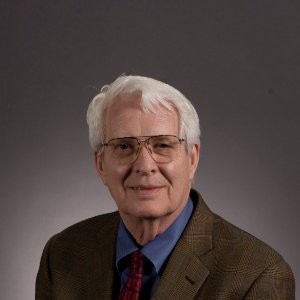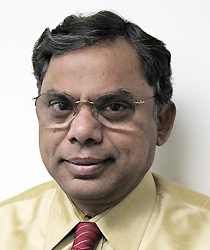Faculty Directory
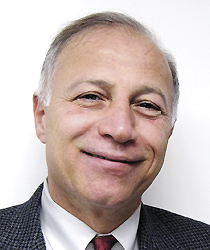
Al-Sheikhly, Mohamad
Professor
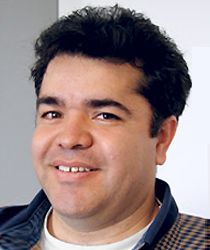
Aranda-Espinoza, Helim
Associate Professor
Azuah, Richard T.
Faculty Asst Research Scientist

Babu, Sudarsanam (Suresh)
Clark Distinguished Chair
Professor
Member of National Science Board
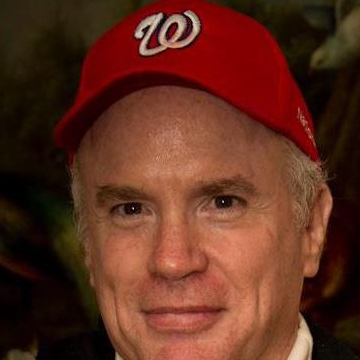
Bartolo, Robert E.
Assistant Research Scientist

Briber, Robert M.
Professor
Fellow, APS
Fellow, Neutron Scattering Society of America

Christou, Aris
Professor
Fellow, APS
Fellow, IEEE
Chun, Carolyn
Associate Research Professor

Cumings, John
Associate Professor
Keystone Professor
Undergraduate Advisor
Duncan, Keith L.
Assistant Research Scientist

Fisher, John
Distinguished University Professor & Department Chair
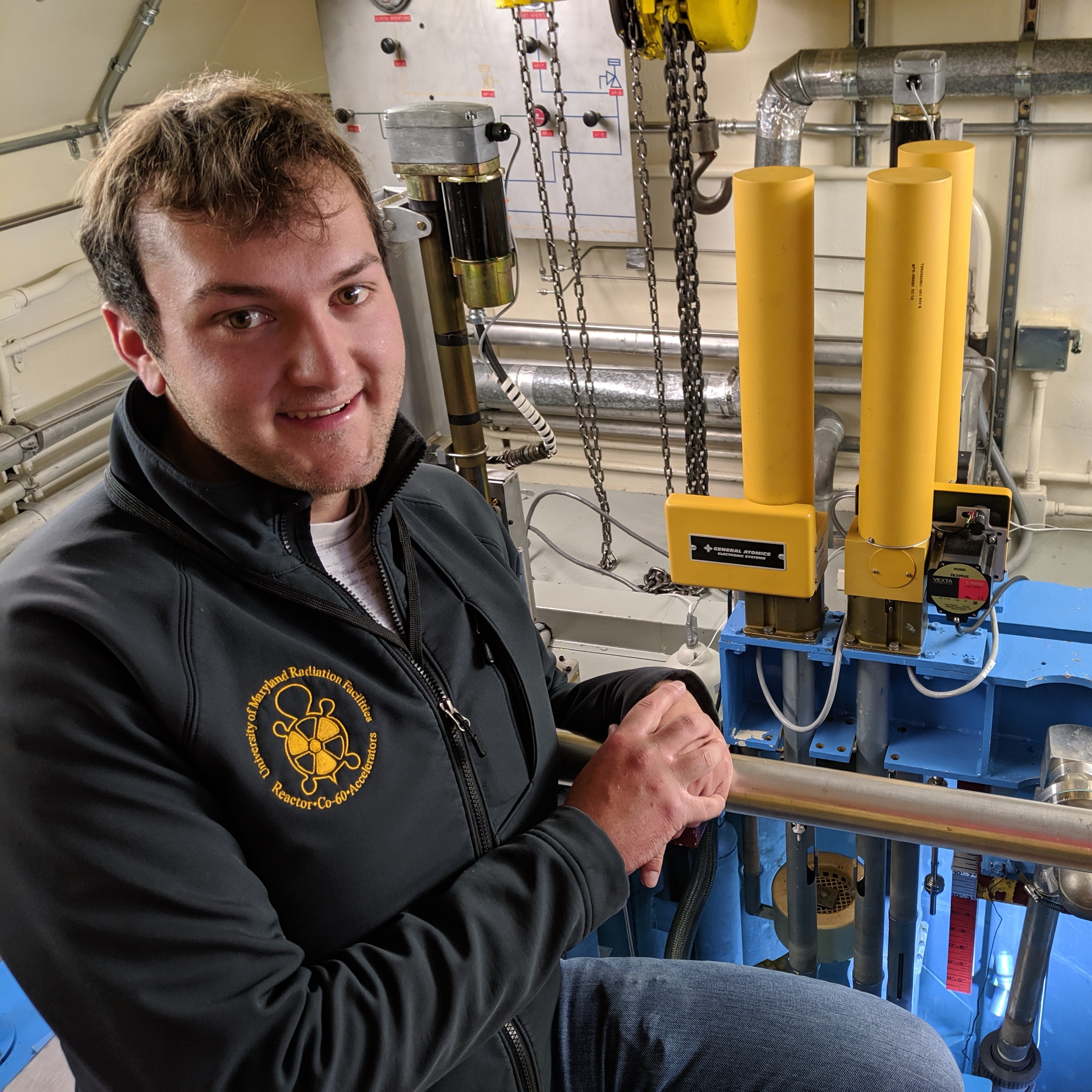
Gilde, Luke
Faculty Specialist
Reactor Operations Manager

Gregorczyk, Keith
